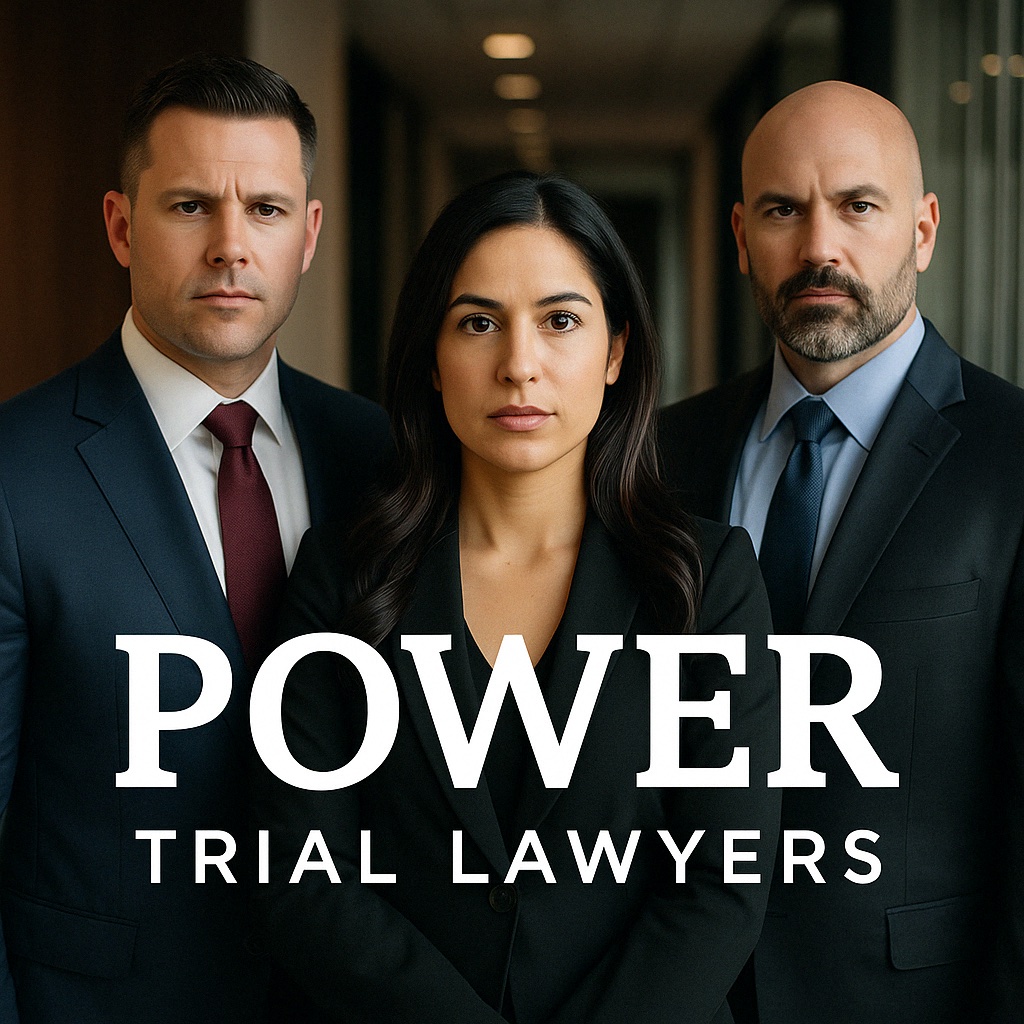the Wall, We Are Right
There With You
If you’ve been ordered to appear in Department 30 at the Clara Shortridge Foltz Criminal Justice Center (often referred to as CCB), you are about to face the formal beginning of a criminal prosecution. Department 30 is the dedicated arraignment department for felony cases in downtown Los Angeles. This courtroom sets the tone for how your case will proceed—and what happens here can directly affect your freedom, your record, and your options moving forward.
At Power Trial Lawyers, we regularly represent clients in Department 30 arraignments. We understand how this courtroom functions, how quickly decisions are made, and how to prepare and advocate effectively at the most critical stage of the criminal process.

Under California Penal Code § 977 and § 988, the arraignment is a defendant’s first appearance in criminal court after an arrest or the filing of charges. The purpose is to:
The law requires that an in-custody defendant be arraigned within 48 court hours of arrest (excluding weekends and holidays). This statutory deadline is strictly enforced at CCB.
Department 30 is the centralized felony arraignment courtroom at the Clara Shortridge Foltz Criminal Justice Center, located at:
210 West Temple Street
Los Angeles, CA 90012
The courtroom typically hears dozens of cases daily. Its primary role is not to determine guilt, but to initiate the criminal process formally and ensure that the legal procedures are followed. However, the consequences of what occurs in Department 30 are real and immediate:
If you are out of custody, you will be expected to check in early—no later than 8:00 AM. If you are in custody, you will be transported from the Los Angeles County Jail system, usually from Twin Towers or Men’s Central Jail.
Department 30 is fast-paced, crowded, and often intimidating for unrepresented individuals. You’ll see:
Private counsel, such as attorneys from Power Trial Lawyers, are permitted to appear and substitute in as attorney of record, often streamlining the process.
While some view arraignment as “just a formality,” the reality in Department 30 is far more consequential. For many defendants, the following are decided at arraignment:
Experienced defense counsel will:
Arraignment is your first chance to define your position in court. It should not be taken lightly.
Do I need to appear in person at my Department 30 arraignment?
In felony cases, you generally must appear in person unless your attorney obtains a court-approved Penal Code § 977 waiver. Judges in Department 30 are strict about personal appearance.
Can I be released from jail at my arraignment in Department 30?
Yes. With proper representation, your attorney may be able to secure release on your own recognizance or a reduction in bail. The judge considers public safety, flight risk, and community ties.
Can I speak during the arraignment?
No. Your attorney will speak on your behalf. Anything you say in court can be used against you. The safest approach is to let experienced counsel handle all communication with the judge and prosecutor.
How long does an arraignment take in Department 30?
The courtroom is extremely busy, so wait times can be long. However, once your case is called, the arraignment itself typically lasts only 5 to 10 minutes.
Is Department 30 open to the public?
Yes. Criminal proceedings are public unless sealed. Family members can attend, but may be limited in what they can say or do during proceedings.
Our attorneys appear often in Department 30 at Clara Shortridge Foltz, and we know the procedural expectations, the common prosecutorial tactics, and the judicial preferences. We prepare our clients in advance and approach each arraignment with precision.
Our services include:
If you have a scheduled appearance in Department 30 at the Clara Shortridge Foltz Criminal Justice Center, or if a loved one is in custody awaiting arraignment, now is the time to act. The choices made in this courtroom—on this first day—will affect the trajectory of the entire case.
Contact Power Trial Lawyers today to protect your rights, your future, and your freedom.